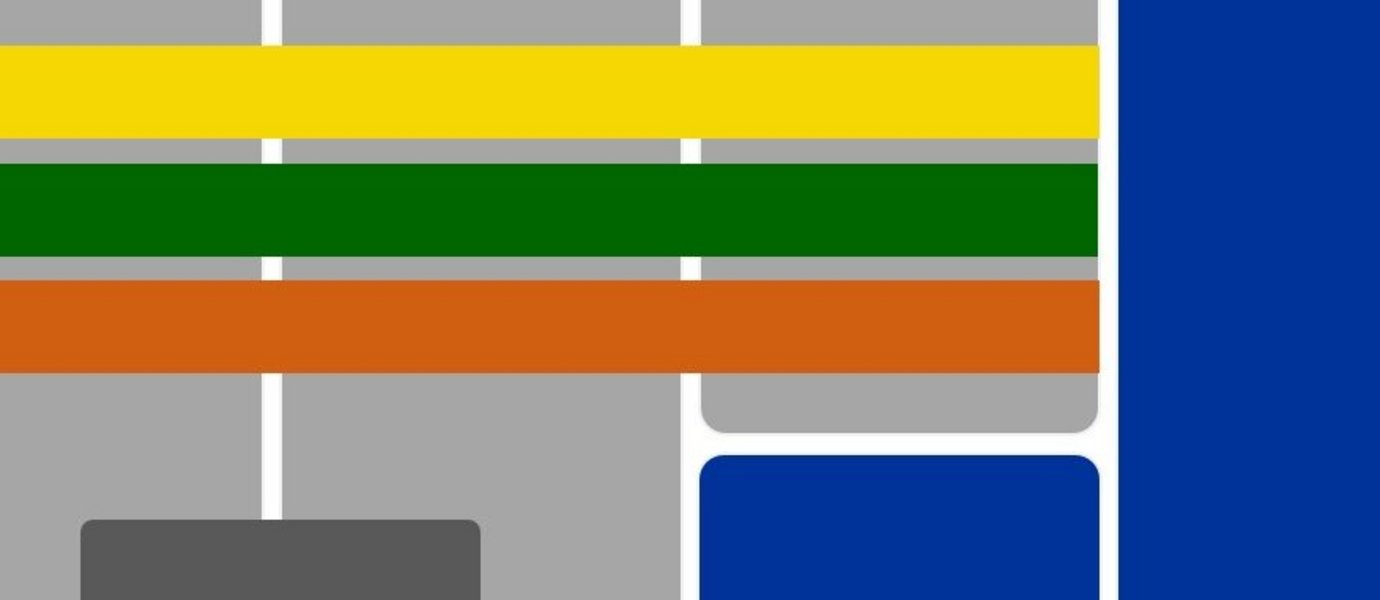Computer Science
Are you interested in sophisticated computer systems, complex applications or in processing large amounts of data?
In two years, you can obtain a Master's degree in Computer Science at Ostfalia University of Applied Sciences in Wolfenbüttel and then start a career in planning and organisational departments of industrial companies or in research institutions.
In the first three semesters, you can compile your own personal timetable with modules from three specialisations, depending on what is offered.
Our Computer Science master's degree programmes:
Digital Technologies - Computer Science
Facts at a glance
How does the application process work?
Application periods (exceptions with uni-assist):
For winter (fall): 15th May - 15th July
For summer (spring): 15th November - 15th January
Details of the degree programme
Fields of activity
Job profile in Computer Science with a Master's degree
- Content and organisational design of ambitious software projects in all roles
- Project management and customer support
- Wide range of applications, e.g. web applications, cloud servers, AI applications, processing very large databases or developing technical systems
- Working in research, development and science
- Employments in all industries such as IT consulting, banking, insurance, robotics, automotive
Programme content
Important module contents
- Development and architecture of complex software systems
- IT security and cryptography
- Efficient processing and analysis of large data sets(big data and stream processing)
- Machine learning and automatic language processing
- Software applications for technical systems in rail, IoT and automotive
- Robotics, cobotics and autonomous systems
With great freedom of choice a total of 16 modules must be optionally combined into specialisations .
Specialisations
- Software Engineering
- Information Engineering
- Systems & Computer Engineering
Up to two specialisations can be shown on the certificate.
Practical learning
Theory and practice
Learning in practice combines academic knowledge with real-life applications and is a key component of modern degree programmes. Practice-orientated teaching methods such as case studies, project work and simulations give students the opportunity to put theoretical concepts directly into practice. This does not only promote a deeper understanding of the course content, but also increases the development of problem-solving and decision-making skills.
Another advantage of practical learning is the close cooperation with companies and organisations. Internships, student traineeships and projects in co-operation with industry offer valuable insights into the world of work and help students to make valuable contacts. This practical experience does not only strengthen career opportunities, but also personal development by promoting initiative and the ability to work in a team.
Admission requirements
Admission requirement
bachelor's degree in computer science or a closely related degree programme
Study plan
1. Semester Compulsory elective modules from three specialisations (1. Semester) Students select five (or six) modules from the compulsory elective area in the first semester. Further subjects can be taken in the next two semesters.
Module examples are:
Software Engineering specialisation: Cloud Native Computing, Efficient Algorithms, IT Management, Model-Driven Software Development, JAVA Platform Tools
Data Science specialisation: Statistical Methods, Automatic Language Processing, Big data, Machine Learning, Stream Processing
Systems & Computer Engineering: Automotive Systems, Robotics, Simulation and Verification, Smart IoT, Human-Robot Interaction
Further Interdisciplinary Skills (1. Semester) You can choose between the modules Development of Digital Business Models and Leading Discussions and Negotiations - Leading Working Groups.
Compulsory elective modules from three specialisations (1. Semester) Students select five (or six) modules from the compulsory elective area in the first semester. Further subjects can be taken in the next two semesters.
Module examples are:
Software Engineering specialisation: Cloud Native Computing, Efficient Algorithms, IT Management, Model-Driven Software Development, JAVA Platform Tools
Data Science specialisation: Statistical Methods, Automatic Language Processing, Big data, Machine Learning, Stream Processing
Systems & Computer Engineering: Automotive Systems, Robotics, Simulation and Verification, Smart IoT, Human-Robot Interaction
Students select five (or six) modules from the compulsory elective area in the first semester. Further subjects can be taken in the next two semesters.
Module examples are:
Software Engineering specialisation: Cloud Native Computing, Efficient Algorithms, IT Management, Model-Driven Software Development, JAVA Platform Tools
Data Science specialisation: Statistical Methods, Automatic Language Processing, Big data, Machine Learning, Stream Processing
Systems & Computer Engineering: Automotive Systems, Robotics, Simulation and Verification, Smart IoT, Human-Robot Interaction
Further Interdisciplinary Skills (1. Semester) You can choose between the modules Development of Digital Business Models and Leading Discussions and Negotiations - Leading Working Groups.
You can choose between the modules Development of Digital Business Models and Leading Discussions and Negotiations - Leading Working Groups.
Useful links and files
Do you still have questions?
Our Central Student Advisory Service (ZSB) will be happy to support you!
Building Am Exer 45, Room 101 -105
availability by phone:
Monday, Tuesday and Wednesday: 9:00 AM - 3:30 PM
Thursday: 1:00 PM - 3:30 PM
Friday and before holidays: 9:00 AM - 12:00 PM
